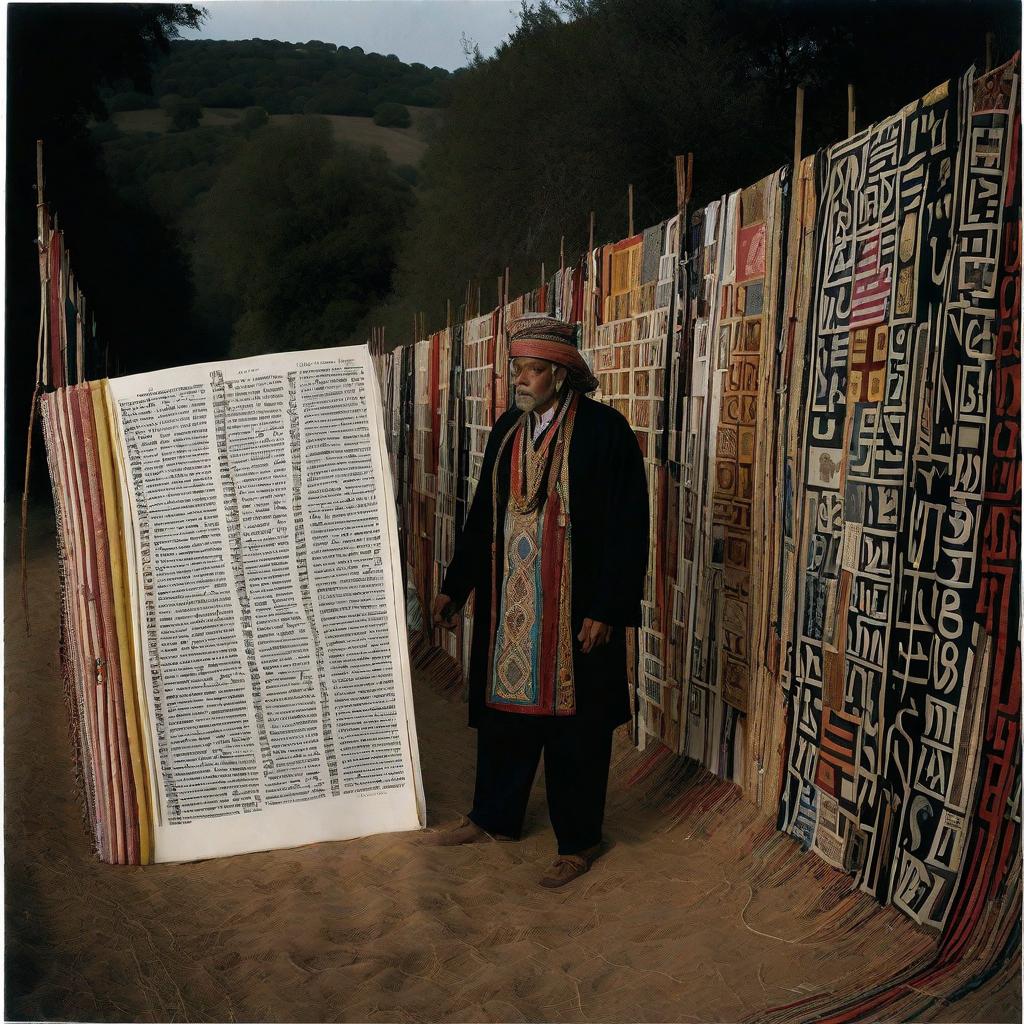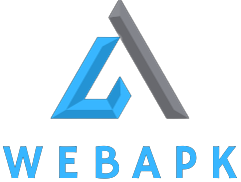When You Are Searching for a Word in the Dictionary, You Are…

The humble dictionary is a powerful tool, unlocking the world of language and meaning. But have you ever stopped to consider what you’re doing when you thumb through its pages, searching for that elusive word?
The answer might surprise you. When you’re searching for a word in the dictionary, you’re engaging in a cognitive process called scanning. Unlike reading, which involves absorbing information in its entirety, scanning involves rapidly searching for specific information based on predefined criteria.
Check this out also what is presentation error in codevita?(2023)
Here’s why understanding this process matters:

- Sharpening your searching skills: Recognizing that you’re scanning when using a dictionary can help you improve your searching efficiency in other areas of your life. From navigating online databases to sifting through emails, understanding the principles of scanning can make you a more effective information seeker.
- Embracing the power of word knowledge: When you successfully locate a word in the dictionary, you’re not just finding a definition; you’re gaining access to a wealth of information about its etymology, pronunciation, usage, and even synonyms and antonyms. This newly acquired knowledge can enhance your communication skills and deepen your understanding of the language.
- Sparking curiosity and learning: The act of searching for a word can be surprisingly enlightening. It can lead you down unexpected paths, uncovering new words and concepts you never knew existed. This can spark curiosity, ignite a passion for language learning, and expand your intellectual horizons.
- Cultivating a love for language: There’s a certain magic in using a dictionary. It’s a physical manifestation of the human desire to understand and communicate. As you explore its pages, you’re not just searching for words; you’re connecting with the history and evolution of language itself.
- Beyond the dictionary: The skills you develop when searching for words in a dictionary – scanning, critical thinking, and information processing – are applicable in countless situations beyond the academic realm. From navigating complex websites to deciphering legal documents, these cognitive tools can empower you to become a more informed and capable individual.
So, the next time you reach for a dictionary, remember, that you’re not just searching for a word; you’re embarking on a journey of discovery. You’re unlocking the untold of language, expanding your knowledge, and enriching your intellectual life. And that’s a powerful experience worth celebrating.

